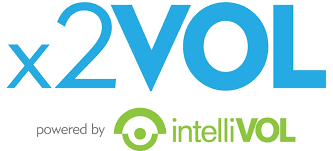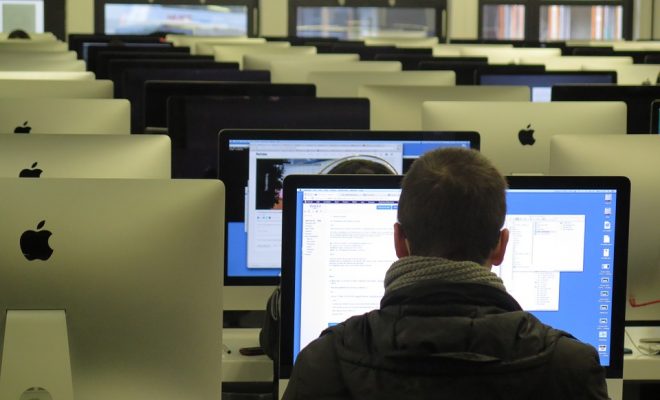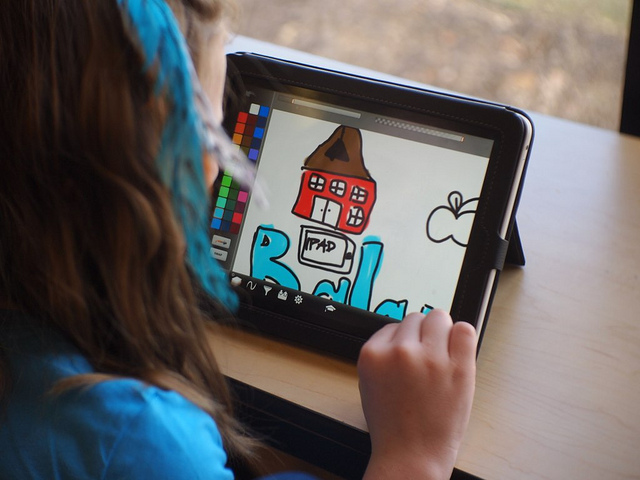Service-Learning Develops Character in Students

By Michele Pitman, CEO of intelliVOL
Educating the whole child and developing character goes beyond the core subjects being taught each day. Many school districts recognize this and have instituted programs encouraging or requiring students to give time in service to their community and peers. Organizations like the National Honor Society have incentivized service, giving recognition for student efforts outside of school. And, when these students apply to colleges and universities, their service record usually improves their chance at being accepted.
Given how much we as a culture value community service and the well-rounded individual, more U.S. high schools need to offer institutionalized and systemized service opportunities for their students. In the vast majority of public schools, service is a club activity. In private schools, service is so important that it is graded. But in most public schools, students must find their own charitable organization and arrange to work there of their own initiative. There may be an advisor to help in this process or they have established relationships with nonprofits thereby making it is easier to connect, but a student’s service has no bearing on their formal school record.
The National Honor Society does fill in the gap where organized, school-mandated service is not available. Through the NHS, students give hours and track that data by school sponsors who are responsible for verifying, tracking and reporting student hours given to service. This legitimizes the student’s efforts and for college applications, is a critical validation in a hyper-competitive landscape.
Yet, turning service into more than simply checking-off-the-box-so-I-can-get-into-college scenario, requires a bit more effort. In the over 10 million service hours that students have logged and tracked for schools through our company, the overwhelming majority of school leaders tell us that students need to think about their service and its impact. They need to make a personal connection between their lives and those whom they have helped. Schools call this reflection. Service, they say, is more significant and meaningful when students are required to write down their thoughts after they’ve completed their service.
Teachers and student advisors recognize this connection between action and mind. Guilford County Schools in North Carolina has a very active service-learning program with over 1.4 million service hours logged to date, and is nationally recognized as a District of Character by Character.org. Yvonne Eason is the coordinator for character development and service-learning at the district. Guilford, like many schools we work with, requires students to write down their thoughts about their service. “The reflections piece is huge for us. We’re looking for our students to reflect on the experience of service-learning. This goes well beyond just recording the number of learning hours served. It gives students a chance to share what impact each experience had on them personally as learners and individuals, as well as what type of impact they’re having on the community, or organization they’re serving,” says Ms. Eason.
Reflection is at the very base of building a well-rounded individual who has skills and experiences beyond classroom instruction. This simple action–writing down our thoughts of helping others—takes our regimented, subject-heavy learning environment beyond the “how” and answers the question, “Why?”
About the Author
Michele Pitman, creator of x2VOL developed the platform in partnership with high schools to give them an easier, more accurate way to manage, track, verify and report service hours students give in the community. x2VOL is the most widely used service tracking and reporting platform in K12 education with over 10 million approved service hours.





